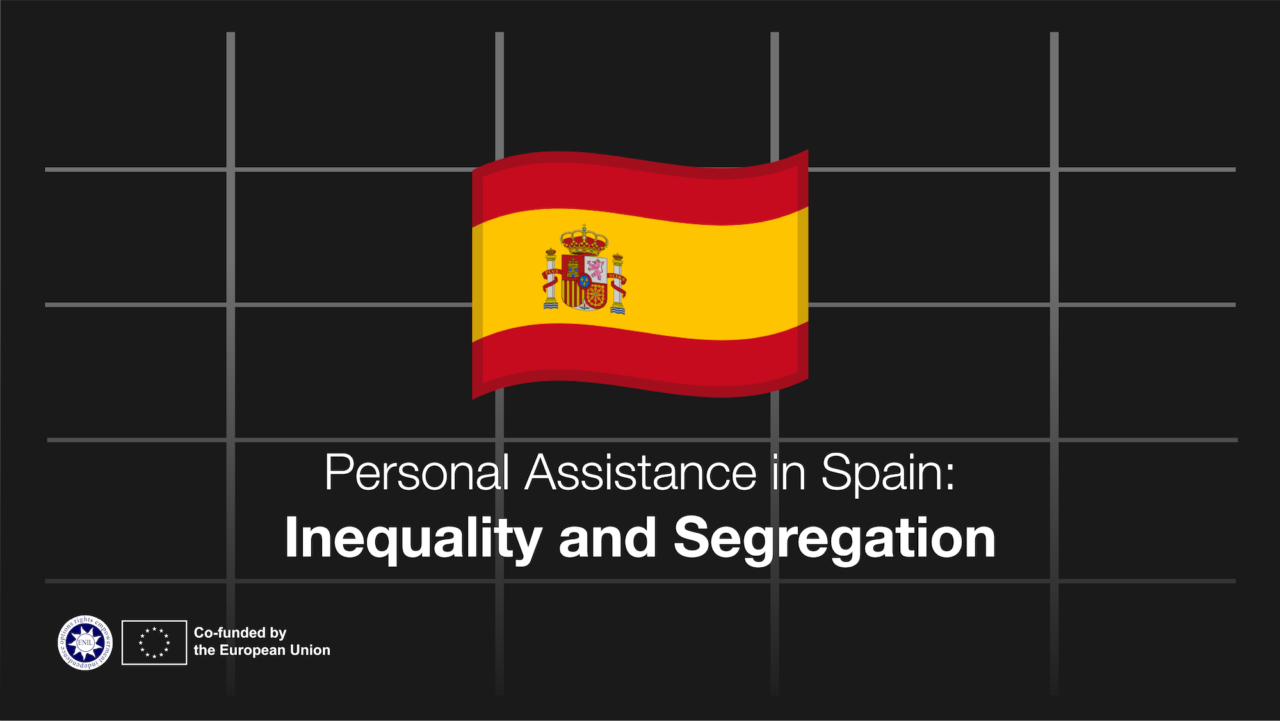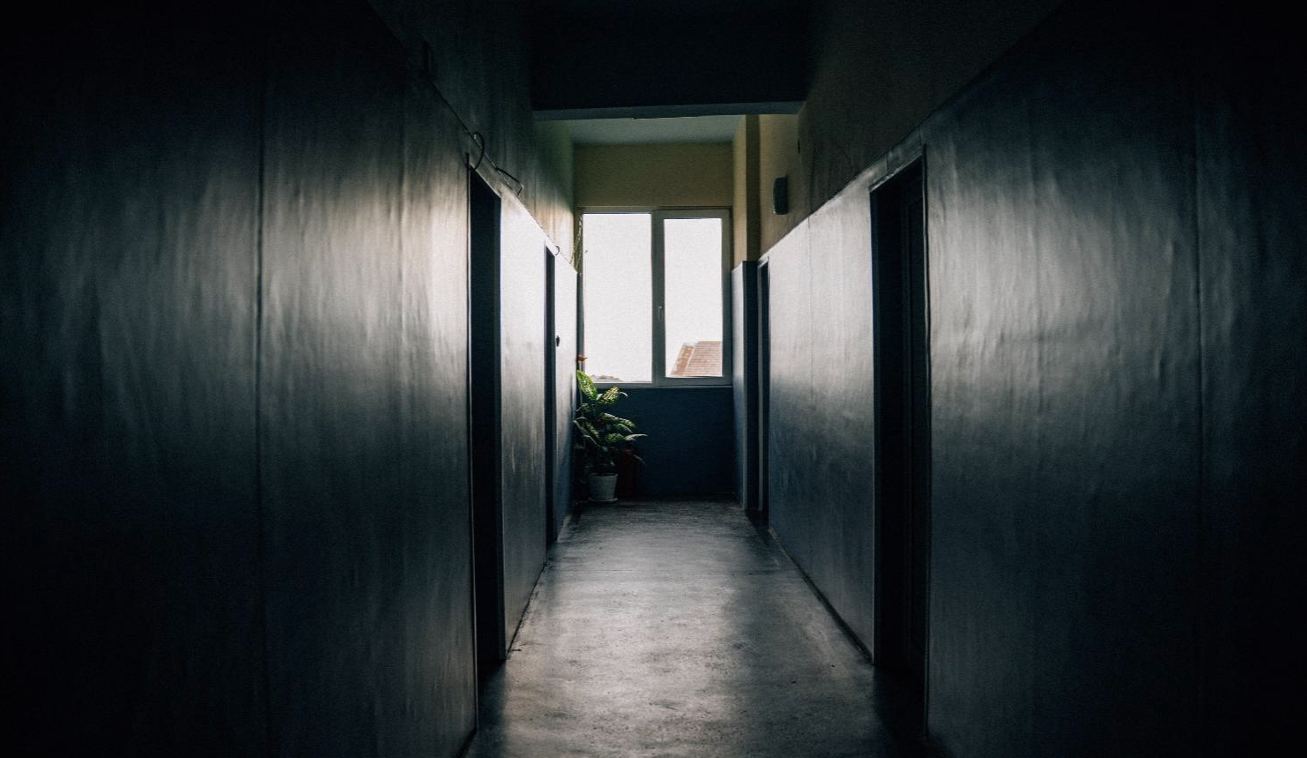In Spain, the minimum wage is €1,184 gross multiplied by 14 payments. On the other hand, the personal assistance benefit in most of our country* is €747 per month in 12 payments (that’s if you have a level 3 dependency, among other conditions, basically not having income other than a non-contributory pension, not having a support network of family or friends, living in a rural area, living in conditions of poverty or social exclusion, the worker meeting certain requirements regarding their training and other aspects, etc.).
At first, the benefit for having a personal assistant ascended to €811 in 12 monthly payments, then €780 or similar, then €711, and now the increase has come to €747 (I’m talking about the top benefit, I know people who receive about €150 a month for personal assistance). When I say at the beginning, I’m referring to 2008, so in 17 years, the monthly payment has gone from €811 to €747, not including other variables that I should discuss in more detail: co-payment, territory, social status, rural or urban area. From this sum, between €200 and €560 per month must be subtracted, which is the cost for the worker to register as self-employed. The difference between then and now is €64 less, but we must add to this that the minimum wage in 2008 was €600 per month and has now almost doubled, as you can see in the first line of this short text.
I went from earning €620 to the €637 I’ve been earning since 2011. I can’t complain, well, I can and I do. Now for a couple of those revolting comparisons, considering I’m quite revolting: If I lived in the Valencian Community, I would receive up to €2,316 per month for personal assistance. Perhaps, but only perhaps, because of this huge salary gap in benefits, there are zero people in six autonomous communities and zero people in Ceuta and Melilla with personal assistance. If I were to lose my mind and decided to go and survive in a super-super residential center, one of those state-of-the-art ones, the residential center would receive €3,205 per month or €4,107 per month this year depending on the type of impairment they considered me to have: either I am a person with an indeterminate physical condition, or a person with acquired brain damage. I’d miss out on visiting my friends in the Valencian Community, but you can’t have it all…
In any case, the economic inequality depending on where one lives or the service one chooses is obvious, it seems outrageous to me. On the other hand, we have to keep in mind that, just as there is a co-payment for personal assistance, there is also a co-payment for the “wise” decision to lock myself in a center where I can choose the color of the walls of my room.
It almost seems logical that there is a difference in the payment of personal assistance benefits between different autonomous communities. But the fact that a disabled person living in Andalusia receives less than three times what they would receive if they lived in the Valencian Community is beyond my understanding. It seems to me that the incompetent authorities laugh at us with all their might as soon as we turn our backs on them, or they don’t even wait.
I don’t want to talk much about the money that the managers, or the company that manages a nursing home, receive for having a person there because, according to the UN Committee on the Rights of Persons with Disabilities, institutionalization should not exist. The fact is that the people who live there partially fund their stay. Thus, we arrive at the vicious cycle of poverty incurred by disabled people in residential centers, also called “multipurpose centers,” “retreat centers,” “assisted homes” and other euphemisms (the term “nursing home” to refer to mental asylums is already outdated).
Another aspect to keep in mind is that people with Level 3 dependency require “the indispensable and continuous support of another person” according to Article 26 of the Law on the Promotion of Personal Autonomy and Care for People in Situations of Dependency (better known as the “Dependency Law”), and the indispensable and continuous support of another person would be 24 hours a day, 7 days a week, as is the case in some situations and in other countries.
However, the classification as Highly Dependent, requiring support 24 hours a day, every day, is not entirely true. Some people don’t need support at night and are then paying the government the cost/time they spend in bed. In my case, 9 hours a day. On the other hand, people with disabilities have the right to privacy, like everyone else. So, at any time, we can tell our personal assistant to leave us alone.
Finally, I must say that in the most advanced countries in Europe regarding personal assistance, there isn’t the “degree-mania” that we have in Spain. There’s no such thing as a specific degree that makes a “personal assistance certificate” mandatory to work in this profession. In the words of Swedish Rodolfa Pérez (not her real name), a key coordinator of the STIL cooperative: “In Sweden, no official degree or certificate is required to work as a personal assistant. Some employers (or providers) may prefer candidates with certain experience or training, but legally, there is no mandatory qualification, and STIL, as a cooperative, strongly opposes the idea of specific training, as such a requirement is incompatible with the philosophy of independent living. It is, and always should be, the person with a disability who decides who is the right assistant for their specific needs.”
To which I would add that the interview prior to hiring someone for a job, that person’s CV, and the impression they make on the user all have a purpose.
Thus, it is worth highlighting the enormous ineffectiveness of successive state and regional governments since 2008, the year in which the, in my humble opinion, false personal assistance we currently have, began to be deployed.
Every day I find it more interesting that there are 10,959 individuals across Spain who are content with the financial assistance offered to us by the general administration of the State and the Autonomous Communities, as if it were a favor and not a duty of the public authorities (and our rights as citizens), as mandated by the Spanish Constitution in Articles 9.2, 14, and 49, and established by the UN Convention on the Rights of Persons with Disabilities in Articles 5 and 19. As Marcelo would say in Hamlet: “Something stinks in the kingdom of Denmark.” And it wasn’t me.
*There are 17 autonomous communities in Spain. Of these, four or five have changed the social and economic conditions for accessing this benefit, attempting to align themselves with the rights model prescribed by the Convention and other UN documents. It can be said that in Spain, regarding personal assistance, there is not one law on dependency, but 17, depending on the territory in which you live.



